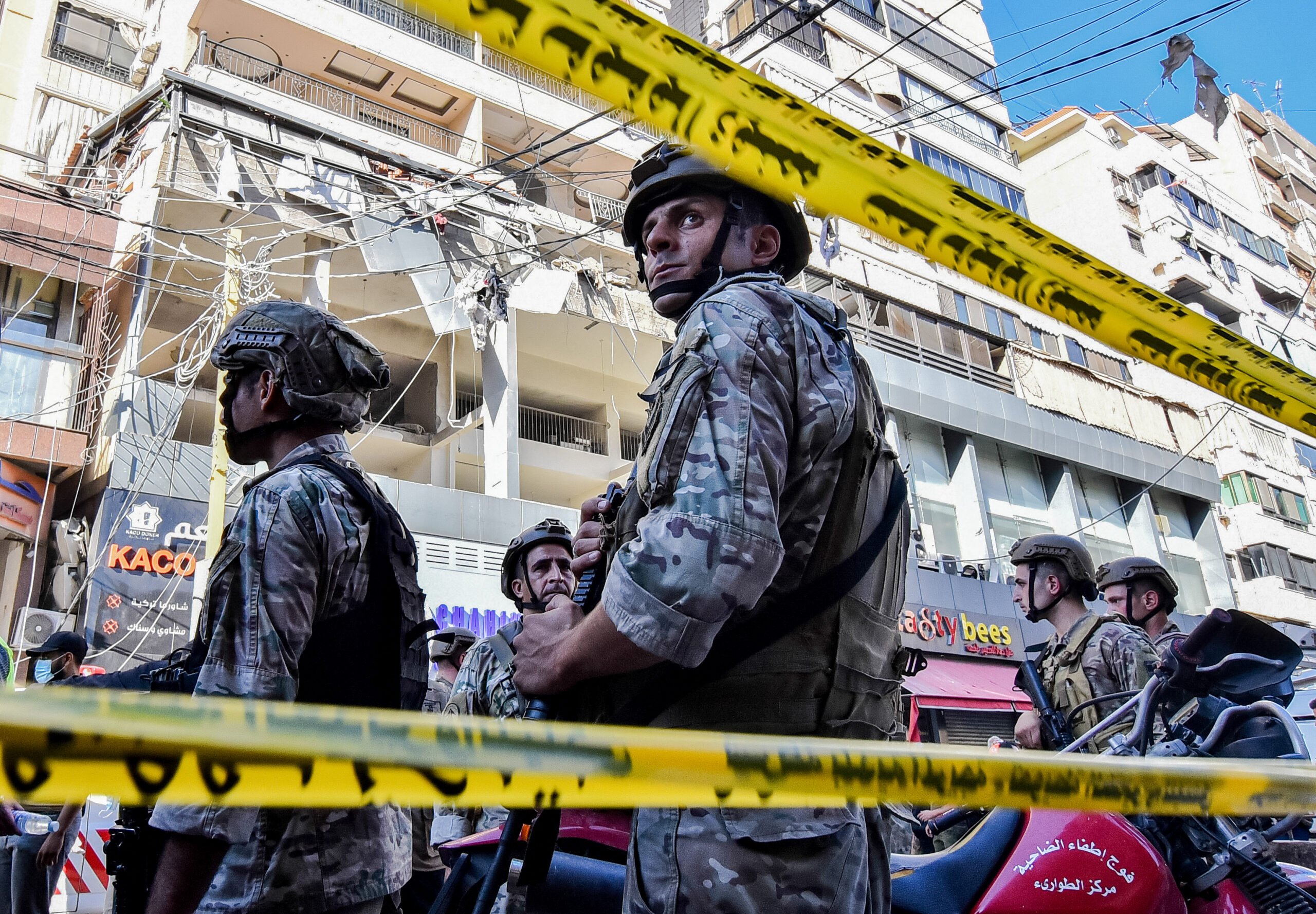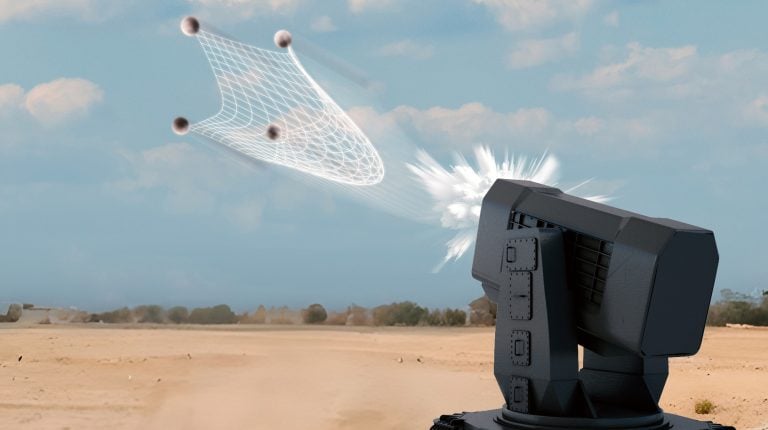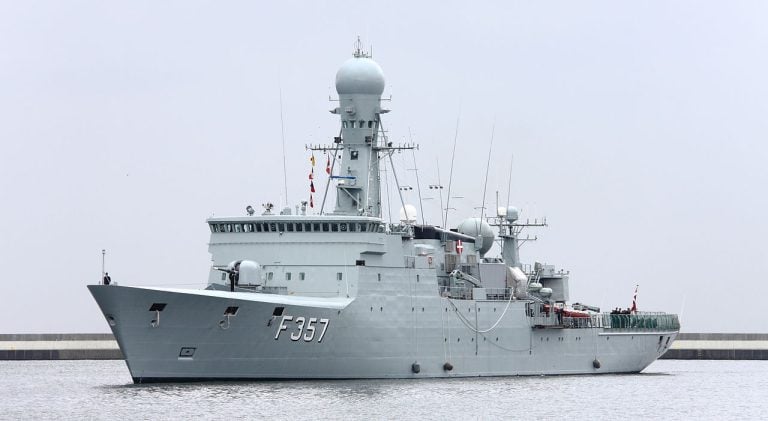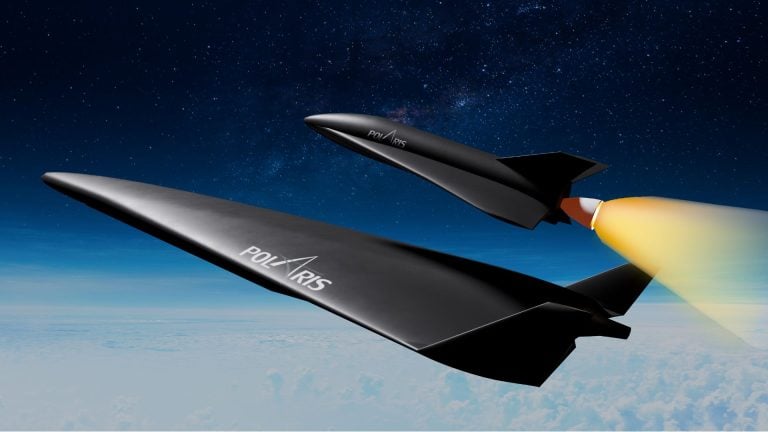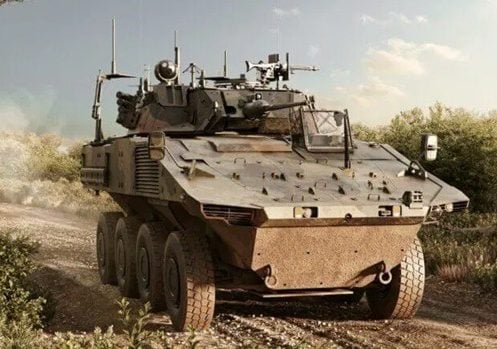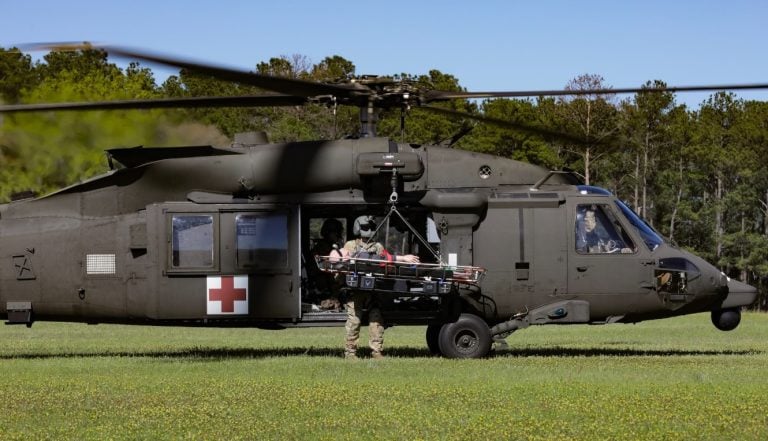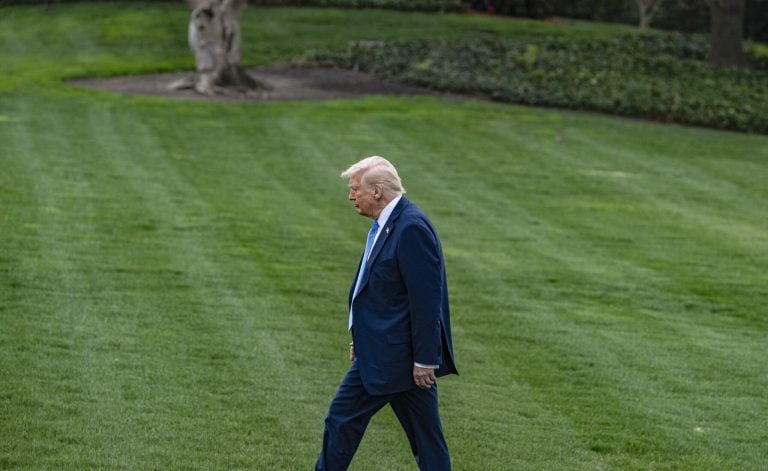Israel has intensified its military operations against Hezbollah in southern Lebanon, issuing stern warnings following a recent airstrike that resulted in the deaths of four individuals. This escalation occurs despite a ceasefire agreement established in November 2024, aimed at curtailing hostilities between Israel and the Lebanese militant group.
Defense Minister Israel Katz commented on the situation, stating, “Hezbollah is playing with fire, and the president of Lebanon is dragging his feet.” He emphasized the need for the Lebanese government to fulfill its obligations, particularly regarding the disarmament of Hezbollah and the removal of its presence from southern Lebanon. Katz assured that Israel would continue—if not increase—its military enforcement in the region to mitigate threats to northern residents.
Prime Minister Benjamin Netanyahu echoed this sentiment during a weekly cabinet meeting, asserting that Hezbollah is attempting to “rearm” itself and stressing the need for the Lebanese authorities to comply with their commitments to abolish Hezbollah’s armament. He declared, “We will not allow Lebanon to become a renewed front against us,” affirming Israel’s resolve to exercise its right to self-defense.
Tensions have remained high along Israel’s northern border, particularly after a series of rocket attacks from Hezbollah in the wake of the Gaza conflict that began in October 2023. This period of aggression evolved into a protracted conflict, culminating in two months of open warfare before a ceasefire was brokered. Thousands of residents in northern Israel had to evacuate due to the ongoing threat posed by Hezbollah.
Hezbollah, backed by Iran, has suffered significant losses during the conflict but continues to maintain its operational capabilities and financial strength. The Israeli military noted that its air strikes have targeted Hezbollah positions since the ceasefire, an assertion that has been a point of contention given the ongoing violence.
Recent developments include a deadly ground operation conducted by Israeli troops in southern Lebanon, which prompted Lebanese President Joseph Aoun to call on the military to confront these incursions. After initially seeking dialogue with Israel following a ceasefire brokered by U.S. President Donald Trump, Aoun later expressed frustration over Israel’s increased military actions in response to his diplomatic overtures.
The Lebanese health ministry reported that an airstrike in the Nabatiyeh district, attributed to the Israeli military, resulted in the targeted killing of a member of Hezbollah’s Radwan Force, along with three others. The Israeli military confirmed these deaths, describing the individuals as threats involved in the transfer of weapons and efforts to restore Hezbollah’s operational infrastructure in southern Lebanon.
Israel insists that these military actions are necessary to protect its citizens and maintain security, viewing the activities of Hezbollah as violations of the ceasefire understandings established between the two nations. As tensions continue to flare, the geopolitical landscape remains precarious, with calls for disarmament and peace meetings seemingly overshadowed by active military engagement.
